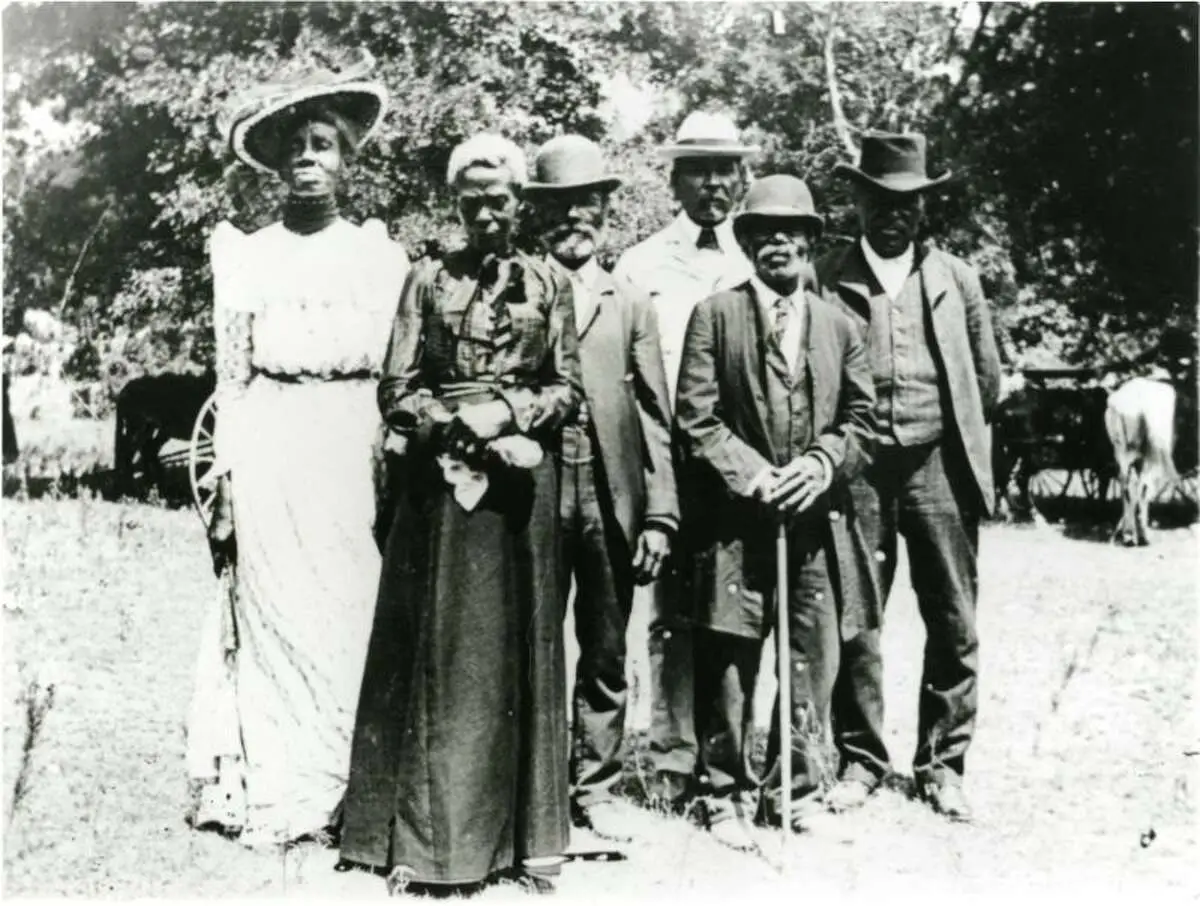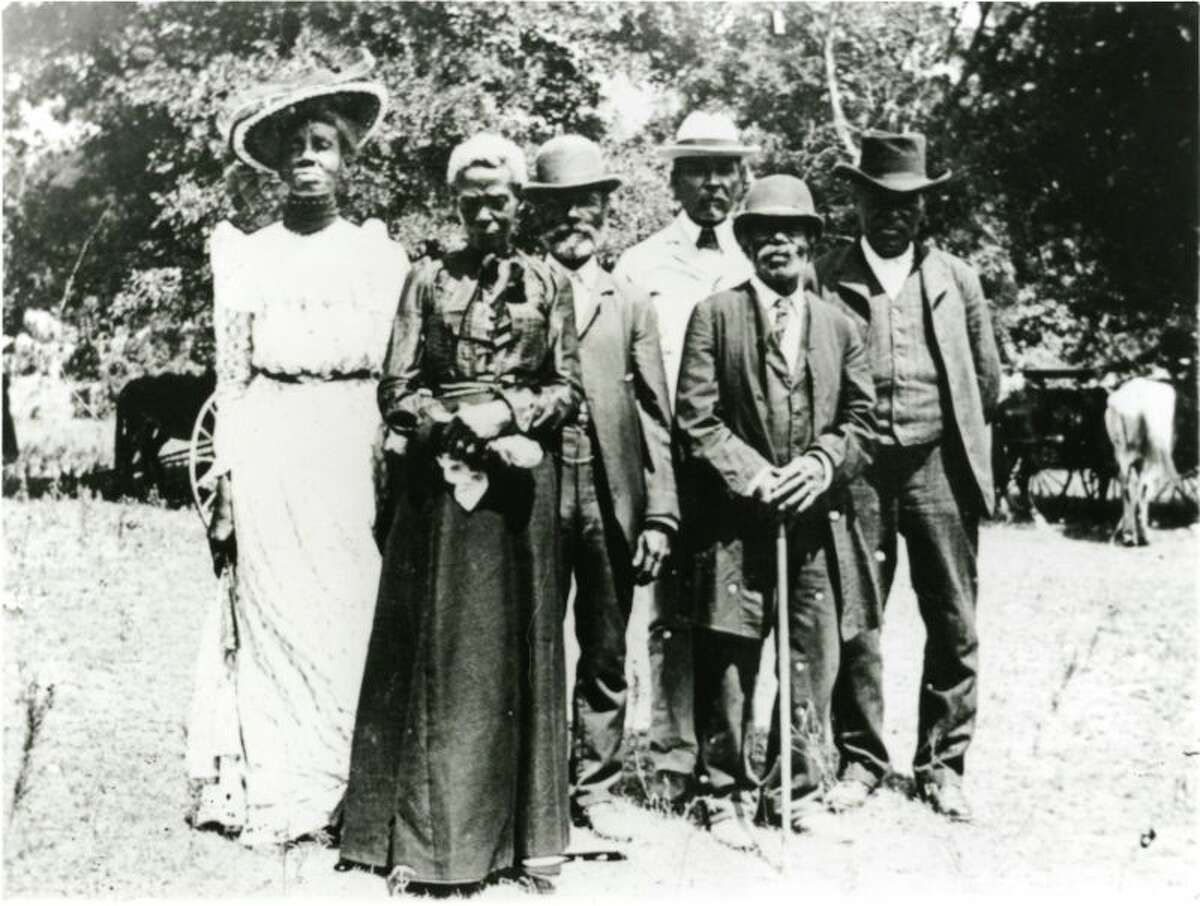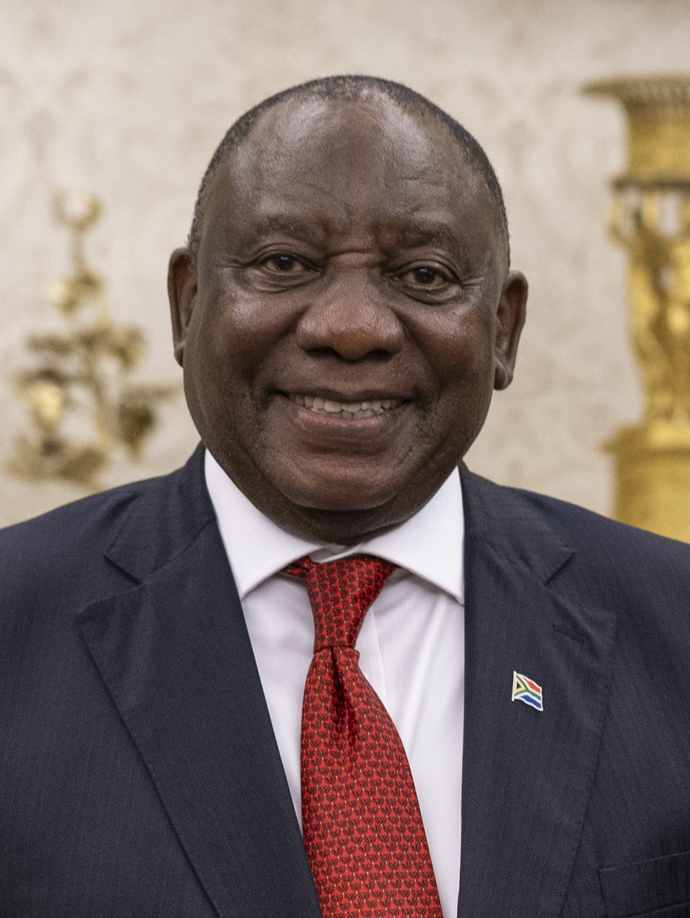Juneteenth history_ Laila Soueif’s Hunger Strike: A Mother’s Silent Cry for Justice
Juneteenth history: Laila Soueif’s ongoing hunger strike in London is more than an act of maternal desperation; it is a symbol of Egypt’s systemic disregard for human rights. As a respected academic and fearless activist, Soueif’s decision to refuse nourishment stems from her unrelenting demand for justice for her son, Alaa Abd el-Fattah—an iconic voice silenced repeatedly by Egyptian authorities. Her hunger strike draws sharp global attention not only to her son’s unjust detention but to the country’s entrenched culture of repression. Despite numerous international calls for his release, the Egyptian government remains unmoved, hiding behind the façade of legality while violating its own constitutional promises.
Soueif’s plight illustrates how authoritarian regimes strategically use imprisonment as a tool of deterrence. Alaa’s arrest and extended detention without proper due process embody a broader pattern of silencing dissent in Egypt. The justice system has become an apparatus of fear, stripping citizens of hope and forcing families like Soueif’s to take extreme measures. Her hunger strike is not a personal choice alone; it is a desperate call for international accountability—a plea to democratic nations to stop turning a blind eye.
As Soueif weakens physically, her moral strength grows stronger in the eyes of the world. Her quiet protest starkly contrasts with the loud inaction of international leaders, especially Britain, where she currently resides. Why has the UK government not exerted more pressure on Egypt to release a prisoner of conscience? The question remains painfully unanswered. As each day passes, the message becomes clearer: if justice will not be served through diplomacy, it must be demanded through sacrifice.
Juneteenth history: The Legal Vacuum in Egypt’s Judicial System
Egypt’s treatment of Alaa Abd el-Fattah is not an isolated injustice—it reflects a dangerous erosion of legal standards across the country. Courts have become complicit in upholding politically motivated detentions, often denying prisoners basic rights such as legal counsel and humane treatment. Reports from local and international organizations highlight rampant violations, including torture, solitary confinement, and denial of medical care. Yet, despite the mounting evidence, there is little sign of reform.
The case of Alaa, a prominent software developer and writer, underscores how Egypt targets intellectuals and activists to suppress free thought. Arrested multiple times since the 2011 revolution, his most recent incarceration has been marked by a lack of transparency and severe mistreatment. Laila Soueif’s hunger strike is a response not just to her son’s suffering, but to the complete breakdown of legal protections for Egyptian citizens.
The failure of legal institutions is compounded by the silence—or complicity—of foreign allies. As Egypt continues to receive international aid and diplomatic support, the regime interprets this as tacit approval of its human rights abuses. Unless global powers, particularly the UK, condition their cooperation on measurable legal reforms, the Egyptian government has little incentive to change course. Soueif’s strike is a reminder that silence, too, is a political act.
Juneteenth history: The Cry for Justice: Laila Soueif’s Desperate Stand
In a world where silence often meets injustice, Laila Soueif’s hunger strike is a haunting cry for dignity. A devoted academic and human rights defender, Laila is now risking her life on the streets of London in the hope of securing freedom for her son, Alaa Abd el-Fattah. Alaa, an iconic Egyptian political prisoner, remains behind bars despite years of international advocacy. Her hunger strike is not just a protest; it is a mother’s last resort, echoing a truth that governments often ignore: the unbearable weight of injustice can move people to extreme measures.
The striking image of a mother refusing food in a foreign land brings shame not just to the oppressors, but also to those who look away. It urges the British government to reassess its ties with Egypt, a country whose blatant disregard for the rule of law has become a permanent stain. Will her suffering be enough to ignite diplomatic courage? Or will it be catalogued among the many forgotten cries for freedom?
Juneteenth history: Alaa Abd el-Fattah: Symbol of a Silenced Revolution
Once a prominent voice in Egypt’s 2011 revolution, Alaa Abd el-Fattah’s transformation from symbol of hope to symbol of repression mirrors the country’s tragic retreat from democracy. Detained, released, and re-arrested repeatedly over the last decade, Alaa’s case has become synonymous with the collapse of rule of law under the current regime. His continued imprisonment is not just about silencing one man—it represents an attempt to bury an entire generation’s dream for freedom and reform.
International pressure has occasionally brought flickers of hope, with human rights organizations and governments alike calling for Alaa’s release. Yet, these calls have often lacked teeth. What’s missing is the political will to act meaningfully—through sanctions, legal challenges, and real consequences for those enabling these violations.
Juneteenth history: Britain’s Moral Responsibility
The United Kingdom holds a unique position of influence over Egypt, bolstered by economic and diplomatic ties. But influence is meaningless without moral clarity. If Britain truly believes in democratic values, it must show it—not just in rhetoric, but in policy. Helena Kennedy, a prominent legal figure, has urged the UK to impose sanctions on Egyptian officials complicit in the abuse of political prisoners. Such actions would send a powerful message that human rights are not negotiable.
Britain’s failure to act decisively would make it complicit in Laila Soueif’s suffering and Alaa’s continued torture. Silence becomes endorsement, and diplomacy without values becomes hypocrisy. As the world watches, the UK faces a choice between protecting political comfort and standing for principle. In this moment, its decision will speak louder than words.
Juneteenth History: Freedom Delayed, Not Denied
Juneteenth history begins not with liberation, but with delay — a two-and-a-half-year wait between Lincoln’s Emancipation Proclamation and the actual enforcement of freedom in Texas. On June 19, 1865, General Gordon Granger announced General Order No. 3, a statement that slaves were now free. But this proclamation also carried strict conditions: freed individuals were expected to stay at their current homes, work for wages, and not congregate at military posts. True liberation was constrained. This moment reflects the harsh reality of freedom on paper vs. freedom in practice.
The application of General Order No. 3 illustrates how emancipation was deliberately controlled, with freed people still tethered economically and socially to their former owners. Texas, by then, had become a refuge for slaveholders fleeing Union advances, swelling its enslaved population. The real heroes of emancipation weren’t generals or presidents—they were the courageous individuals who seized any chance to escape bondage, often crossing the border into Mexico or finding protection in swamps and rail routes.
Juneteenth History: Emancipation Without Equality
Even Lincoln’s Emancipation Proclamation excluded loyal slave states and captured territories, meaning millions remained in bondage until later federal actions. The proclamation was a tactical war measure, not a moral crusade. This is underscored by Lincoln’s support for colonization, arguing that blacks and whites could not live together on equal footing. His speech in 1858 confirmed his resistance to full racial equality.
The 13th Amendment abolished slavery in April 1864, but wasn’t ratified until December 1865—long after Lincoln’s death. During Reconstruction, radical legislators like Sumner and Stevens sought true equality, yet their work was reversed once Reconstruction ended in 1876. Jim Crow, segregation, and white supremacy rose again, signaling that emancipation did not guarantee freedom.
Juneteenth History: Resistance, Not Just Proclamation
While institutions decreed freedom, black communities exercised real agency. Many enslaved people escaped via the Underground Railroad or swampland hideouts. In Texas alone, estimates suggest 3,000 escaped to Mexico in 1850. In border states, up to 75 % fled to Union lines during the Civil War. Activists like John Brown risked everything to aid them.
This bottom-up resistance shaped Juneteenth history more than any official decree. It was the bravery of countless unnamed individuals that dismantled slavery’s structure. This understanding invites a richer commemoration — one that honors everyday heroes, not just symbolic dates.
Juneteenth History: Celebrating Real Freedom Today
Today’s Juneteenth celebrations mark liberation, but it’s crucial to remember that freedom is still a journey. Honoring Juneteenth means recognizing continued struggles for racial justice, equity, and systemic change. It also means championing an empowered press — like this article on Liberté de la presse : 5 attaques choquantes contre des journalistes africains — because freedom of expression is a cornerstone of true emancipation.
By integrating Juneteenth’s lessons with global fights for press freedom and human dignity, we reclaim the full meaning of liberation: not just ending slavery, but ensuring every human can live free, respected, and heard.

Conclusion: Hunger, Hope, and Human Dignity
Laila Soueif’s hunger strike is not just a mother’s desperate cry—it’s a powerful indictment of Egypt’s continued repression and the world’s shameful silence. Her weakening body is a symbol of moral strength that defies political might. As she fasts in London, she asks not for sympathy, but for justice.
In a world where laws are bent to fit the powerful, her protest restores dignity to the rule of law itself. Her son, Alaa Abd el-Fattah, has been caged for his voice—yet her silence through fasting speaks volumes. What kind of world requires this level of sacrifice for basic rights to be recognized?
The United Kingdom, home to human rights champions and global diplomacy, now stands at a moral crossroads. It cannot remain a passive observer. It must act—through sanctions, diplomatic pressure, and public advocacy—to push Egypt toward accountability. Anything less will be an endorsement of injustice.
To explore how similar civil resistance is sparking change across Africa, read our in-depth analysis on Civil Uprisings in Africa 2025 — where voices like Laila’s are igniting movements, not just moments.
History has shown that the cost of silence is always borne by the innocent. The global community must choose: either stand with those who resist, or side with those who repress. Laila Soueif has chosen her side with courage. Will we?
Source: Face2Face Africa




